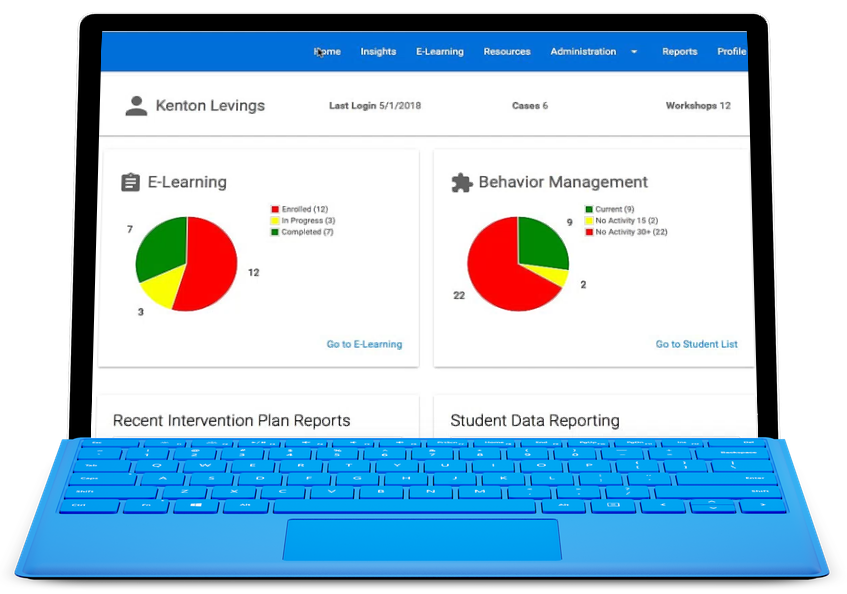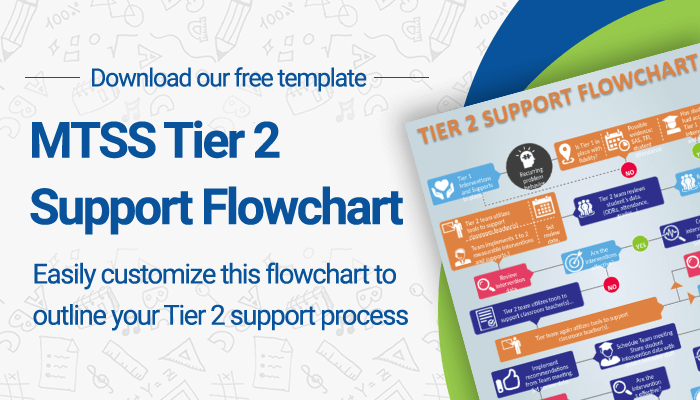The goal of every teacher is to keep students engaged in their own learning. The reality, however, is that defiance is inevitable to some degree.
As teachers invest time into building rapport, teaching their content, and assigning tasks, some students won’t comply as easily as others. All teachers will face defiant students who test the limits of their patience.
Most teachers try to manage a classroom sprinkled with students of various ability levels and backgrounds. Within that mix are students with ADHD and oppositional defiant disorder (ODD), which is often undiagnosed.
The struggle is real. So, how can teachers do their job while handling students who defy the rules and exhibit hostile behavior in the classroom?
Effective communication is the key. Here are 7 techniques teachers can use to deal with defiance in the classroom.
1. Prepare, Prepare, Prepare
There is no stronger classroom management technique than preparation. Without it, you are surrendering to the will of the students.
Students crave structure. And this is especially important for students with attention or behavioral issues.
Establishing routines for how students enter the room, ask questions, turn in their work, and communicate in the classroom is the first step to effective teaching. Without these norms in place, even your most creative lesson will fail.
Taking extra time to prepare lessons and making sure you fill the entire class period with instruction, activities, and group work may seem like a lot of work. But that extra effort upfront will make teaching and maintaining discipline much easier.
2. Remain Calm
This sounds easy enough. But when you’re faced with a defiant child, it’s easy to lose your cool. Knowing these behaviors will occur and planning your response in advance will help you maintain your composure.
It’s important for your students to see their teacher as the adult in the room. Even when you feel frustrated and angry, try to avoid an emotional response.
Don’t rush towards a student or invade their personal space. Keep your voice low and your hands by your side.
Maintaining your composure during a defiant episode is the best way to diffuse a tense situation and get learning back on track.
3. Your Words Matter
When a student is angry and noncompliant, teachers often point out their behavior with a “You” statement and a firm command. For example, “You, never listen! Sit down and be quiet!”
This puts the student on display. And more than likely, they will counter with more defiant behavior. Try rephrasing your thoughts with calm “I” statements instead.
For example, “I want all of my students to hear what I’m saying so they understand what to do next.” This is less judgmental.
Since you are speaking to everyone, the defiant student is less likely to offer a negative response. Remember to keep your directions specific and deliver them in both words and writing whenever possible.
4. Praise Positive Behavior
Children who act out in defiance are seeking negative attention. And they may have been exhibiting these behaviors for years.
These students may not receive any positive affirmation at school or at home. In fact, some kids are so used to being criticized that they feel insecure about any form of praise.
When you see them on task, helping someone, or sitting quietly, praise them for it. Some kids may react in a defensive way if you praise them in front of others.
Try whispering a word of praise, handing them a note, or talking to them privately instead.
5. Let Them Know You Care
Most defiant students are acting out for a reason. Rather than taking their behavior personally, try to get to know them one-on-one.
Defiance is often a call for help. They may have a difficult situation at home or have experienced trauma in the past.
Sure, some students act out to upset the teacher, but you don’t want to ignore a true call for help.
Let the student know you see them and give them some of your time.
Find out what they like to do. Let them know you like them and see their potential.
Remind them there are many people at school who love them and want the best for them. Making a personal connection with a student helps develop mutual respect and can transform negative behaviors.
6. Give Them an Incentive
When a student is resisting your requests, give them a real reason to comply. Many defiant students dig in their heels and refuse to comply when faced with a demand.
Try giving them an incentive to make the right choice. “Johnny, go ahead and read your assignment. I want to make sure you get to move on to the group activity.”
This helps the student feel like they’re making the decision that benefits them instead of just following a teacher’s demand. Making eye contact and using the student’s name in a direct, kind way removes the adversarial nature of a sharp demand.
7. Ask for Help
Sometimes classroom situations get out of hand, no matter how good a teacher’s intentions. It’s not a sign of failure to ask for help.
Teachers who reach out and seek help, demonstrate the desire to help their students, and improve their classroom management strategies. Depending on your school, a counselor, behavior specialist, or special education teacher may be able to help.
They have specialized training for working with defiant children. They may be able to offer another perspective or even work one-on-one with the student while you tend to your class.
There are many online classroom management resources and support forums for struggling teachers. Our application Insights to Behavior has a library of research-based strategies for dealing with defiant, aggressive, disruptive, and traumatized students. We also offer a free monthly webinar series and our free workshops can be a great resource for new and veteran teachers looking for new ways to reach their students.
Dealing With Defiant Students
In most K-12 classroom settings, defiant behaviors will occur. But with preparation, empathy, and relationship building, you can make a world of difference for these students.
Developing the ability to assess potential problems and knowing when and how to react is the essence of effective classroom management.
We’d love to show you how Insights to Behavior offers research-based strategies for dealing with defiant and oppositional students. If you making decisions about how your school or district will manage student behavior, schedule a 30-min demo.




